It is a strange time of paradox for the music documentary. On the one hand, the form has never been more popular – thanks to the ease of online viewing, the excess budgets of the streaming giants and fans’ eagerness to watch their favourite artists (no matter the circumstances). Billy Joel, Eminem and Bono to name but three have recently premiered new documentaries about their life; Take That, Culture Club and Depeche Mode will get the retrospective treatment later this year, too.
But in an era of social media-led closely controlled PR narratives, many feel like sanitised, surface-level readings of their subject. This is especially the case when the artists themselves take creative control: recent documentaries about, and by, Billie Eilish, Robbie Williams, Taylor Swift and Shawn Mendes add little other than to their own lore.
Thankfully, there are many other music documentaries that unwaveringly, revealingly get under the skin of their subject, tackling difficult truths and offering fresh insight – while celebrating some great music along the way. Here are 11 of the best available for streaming in the UK.
Dig! (2004, Apple TV+)
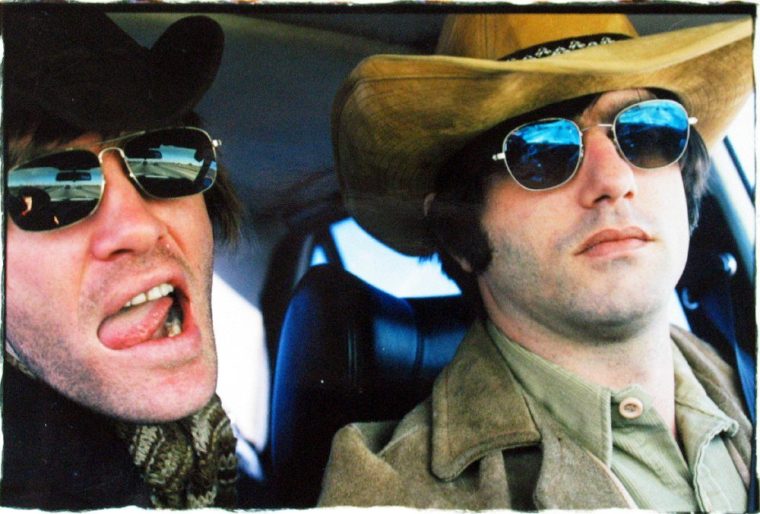
Forget The Beatles vs The Rolling Stones; move over Blur vs Oasis; Dig! offers up the most compelling depiction of two bands as frenemies in cinematic history. Director Ondi Timoner filmed American rock acts The Dandy Warhols and The Brian Jonestown Massacre over seven years from 1995 as both bands began as scrappy psych dreamers united in taking over the world. Yet while Courtney Taylor-Taylor’s Dandys hit the big time, Anton Newcombe’s garage strugglers remained mired in a chaos of drugs, fights and relative failure, fostering a love-hate relationship between the groups that gives the film an unvarnished, hilarious, close-to-the-knuckle – at times, somewhat sad – Spinal Tap-esque quality. Over 20 years on and there’s still nothing like it.
Summer of Soul (2021, Disney+)
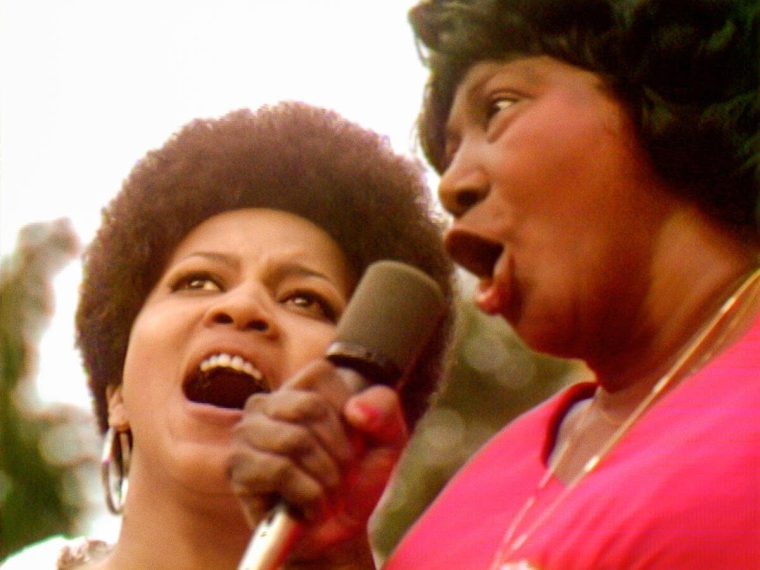
For a music documentary as pure joy, you won’t find better than Summer of Soul. The Bafta and Oscar-winning debut feature from Ahmir “Questlove” Thompson, of hip-hop band The Roots, captures the uplifting, heady collision of music and politics in this previously forgotten – and mostly unseen – 1969 Harlem Cultural Festival. While Woodstock became the counter-cultural, much-mythologised touchstone, the real protest went on here. Taken from original footage by TV luminary Hal Tulchin and intercut with reflections from performers, this concert of black solidarity – one year after Martin Luther King was assassinated – was a fiercely righteous celebration with performances from Stevie Wonder, Sly and the Family Stone, Nina Simone, Mavis Staples and more.
The Beatles: Get Back (2021, Disney+)
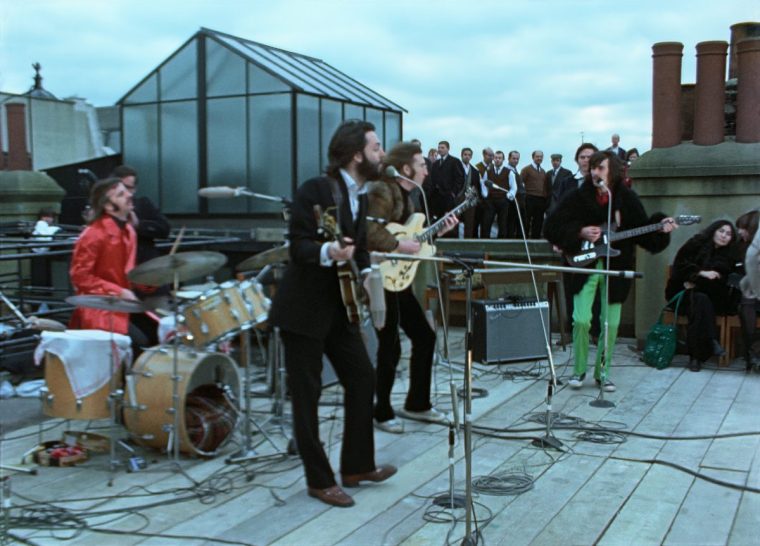
A unique chance to see genius at work in real time, Get Back, after all these years, offers us the closest look we’ll ever get into the inner workings of the greatest group of all time. Peter Jackson’s revelatory, eight-hour, three-part “documentary about a documentary” – cut from 60 hours of footage recorded for Michael Lindsay-Hogg’s 1970 film Let It Be – ostensibly shows The Beatles making a last-ditch attempt to stay together while they attempt to record a new album and plan a comeback concert. But whereas Lindsay-Hogg’s original depicted a band falling apart in acrimony, Jackson offered a different narrative: one of friendship amid the madness of outside forces, and of the exceptional, unknowable power of the creative process. Even during passages of inaction, the intimacy becomes addictive.
The Devil and Daniel Johnston (2005, Prime Video)

Our understanding of mental health has come a long way over recent years; to see just how far, one only needs to watch the heartbreaking story of American singer-songwriter Daniel Johnston, the lo-fi cult artist who was helped to prominence in the early 90s with Kurt Cobain’s patronage. Johnson’s mercurial talent was impeded by bipolar disorder, and Jeff Feuerzeig’s intimately devastating film – using home footage and hoards of Johnston’s own tapes – respectfully lays bare the debilitating impact of Johnson’s mental health struggles, initially misguidedly indulged by music industry and fans alike, while celebrating his rare gift.
What Happened, Miss Simone? (2015, Netflix)
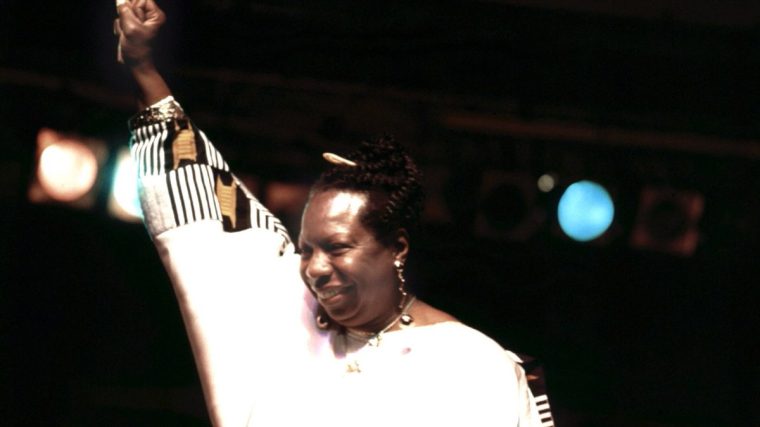
Nina Simone was not only one of the great artists of the 20th century, but one of its most influential: a confrontational force of nature, Simone was a fierce campaigner for the civil rights movement and a leading influence in the fight against racism and segregation in 1960s America. It was a daunting task to try and sum up Simone’s impact on music and politics in 100 minutes, but – helped by Simone’s daughter, Lisa Simone Kelly (who had disliked the previous Simone film, 2016’s Nina) – Liz Garbus weaves unseen footage, mesmerising concert footage and family reflections together to give Simone’s complicated genius the film it deserves.
Amy (2015, Prime)
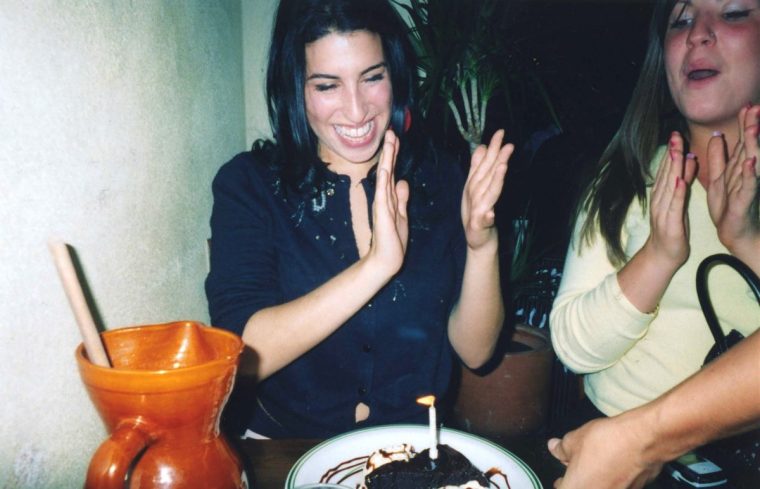
Even if you feel like you know enough about Amy Winehouse – either through her phenomenal catalogue of songs or the tabloid caricature that hounded her until her death – Asif Kapadia’s Oscar-winning portrait remains essential viewing. Produced with an unsentimental starkness that lets the sorrow of the story sing by itself – Winehouse’s confessional lyrics puncture the story in lieu of narration or traditional talking heads – the film gets to the heart of Winehouse’s all-too-short life and wonders how it was allowed to end how it did. Centring Winehouse’s treatment at all stages – particularly from family and the press – it never forgets a generational talent that couldn’t outrun her demons. A profoundly moving, deeply sad film that questions our complicity in a tragedy.
Janis Joplin: Little Blue Girl (2016, Sky)
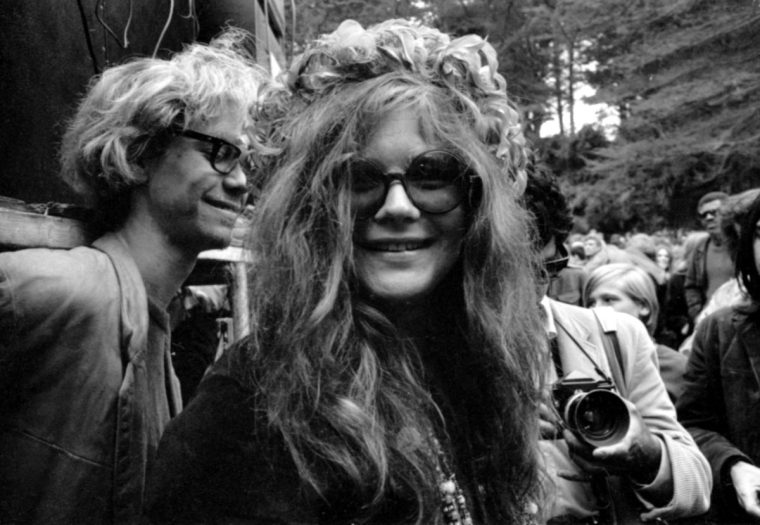
Before Amy Winehouse, there was Janis Joplin, the trailblazing, uniquely talented, equally tragic figure of America’s 1960s psychedelic pop movement. Joplin died of a heroin overdose in 1970, aged 27, but her groundbreaking influence as the first woman rock star in America still reverberates. Having dismissed expectations of how a woman should look and behave – Joplin was openly bisexual at a time when gay relationships were illegal – her ferocious, unforgettable blues-rock voice shook the world. Using Joplin’s own diary as source material, Amy Berg’s account of Joplin’s life from bullied child in small- town Port Arthur, Texas, to the raw, uncompromising, ill-fated leader of the bohemian counterculture is, like the subject herself, unfiltered, complex but full of love.
20 Feet from Stardom (2013, Apple TV+)
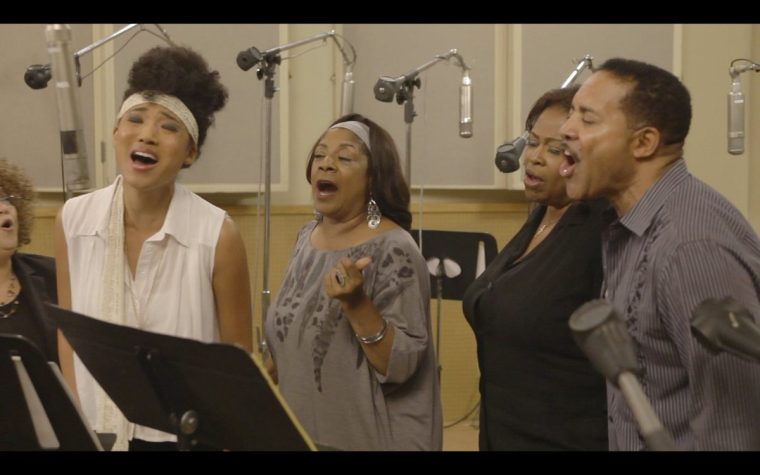
Often more talented than the guy upfront, but confined to the back of the stage – is there a more unheralded job in music than the back-up singer? Morgan Neville’s uplifting and touching Oscar-winning film gives backing singers, mostly black women, their moment in the spotlight. Beautifully moulded from interviews, concert footage and recording sessions, 20 Feet From Stardom is a fascinating delve into the psyche of the backing singer – of how it feels being so close to fame, perhaps even secretly wanting it and the sacrifices and conflicts that come with being singer to the stars. But it is ultimately a joy; it features contributions from Mick Jagger and Bruce Springsteen, but not at the expense of those who, for these 90 minutes anyway, were the real stars.
Searching for Sugar Man (2012, Prime Video)
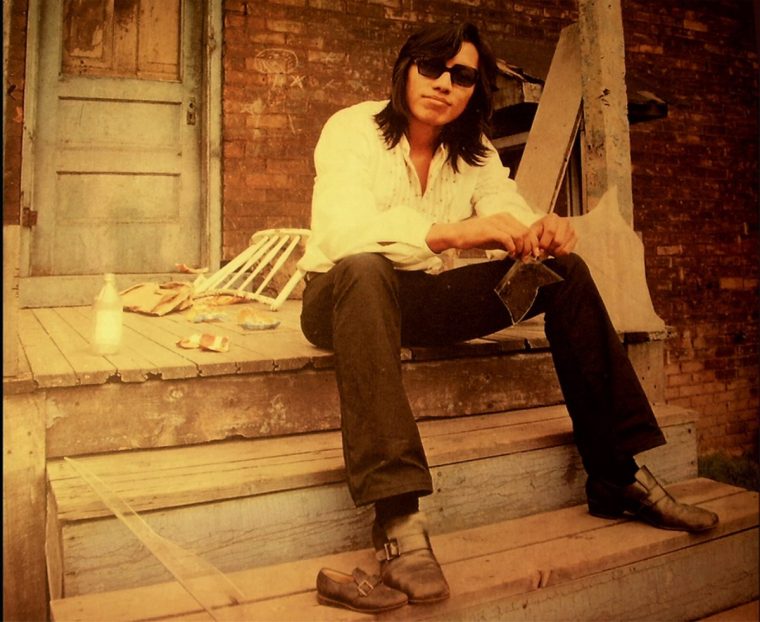
The rediscovery of “lost” musicians is something of a subgenre all on its own, but Searching for Sugar Man presents arguably the most incredible story of all. Two fans, including director Malik Bendjelloul, travelled to Cape Town to try and find out what happened to their favourite folk singer Sixto Rodriguez: a Detroit musician who, in the early 70s, had been championed as the new Bob Dylan before failing, disappearing and becoming a mythical figure as his songs became an unlikely soundtrack to Apartheid resistance. Where was he? Had he died? Was he even real? The truth is often stranger than fiction in this most heartwarming of documentaries.
Ladies First: A Story of Women in Hip-Hop (2023, Netflix)
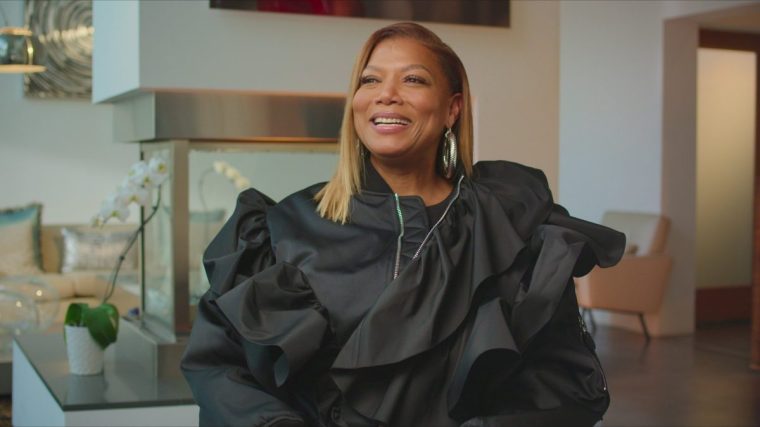
Hip-hop legend is built on the big-name male stars; the women, less so. Coinciding with the 50th anniversary of hip-hop, this documentary goes a long way to redressing the balance and challenging well-worn narratives to give the female innovators their overdue credit. Using many of the trailblazers as talking heads (Queen Latifah, Roxanne Shontae, Sha-rock, MC Lyte, Rah Digga), the film is understandably angry and fierce about the treatment of women in the genre: the airbrushing from history of their stories and achievements; the misogyny, violence and sexualisation; the lack of remuneration. But it is also a fun and easily digestible watch – you might go away despairing, but you’ll also want to check out some of the artists you might not have heard before.
Boybands Forever (2024, BBC iPlayer)
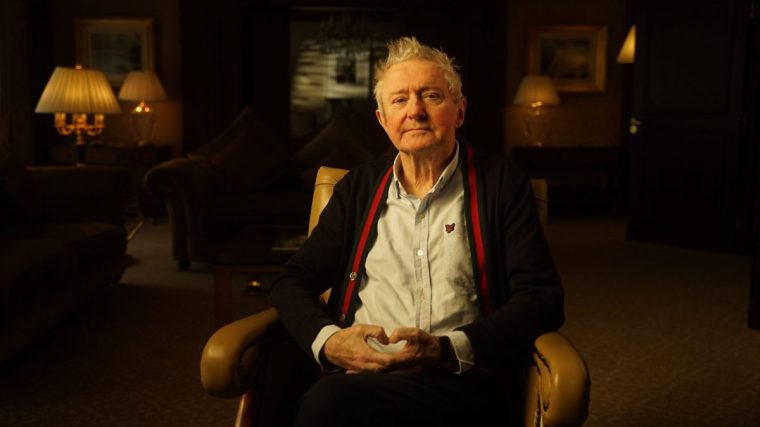
This fascinating, eye-popping three-part account of life behind the curtain for the boybands of the 90s and 00s is both a nostalgic trip back to the world of Top of The Pops, dance routines and floppy hair, and a heartbreaking expose of their terrible treatment at the hands of a merciless, uncaring and greedy music industry. With contributions from main players (Robbie Williams, Simon Cowell, East 17, Nigel Martin-Smith, Louis Walsh, 5ive, Blue), traumatised men in their 50s recount the crushing lows that came with chart topping success: expect to come away thinking very dimly of the unrepentant Martin-Smith, Cowell and Walsh.
